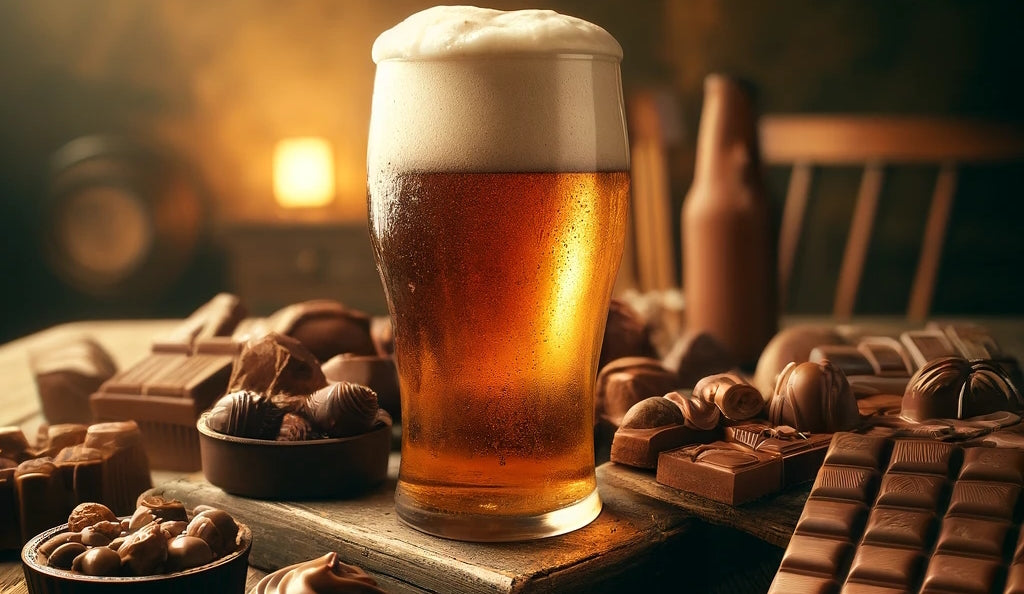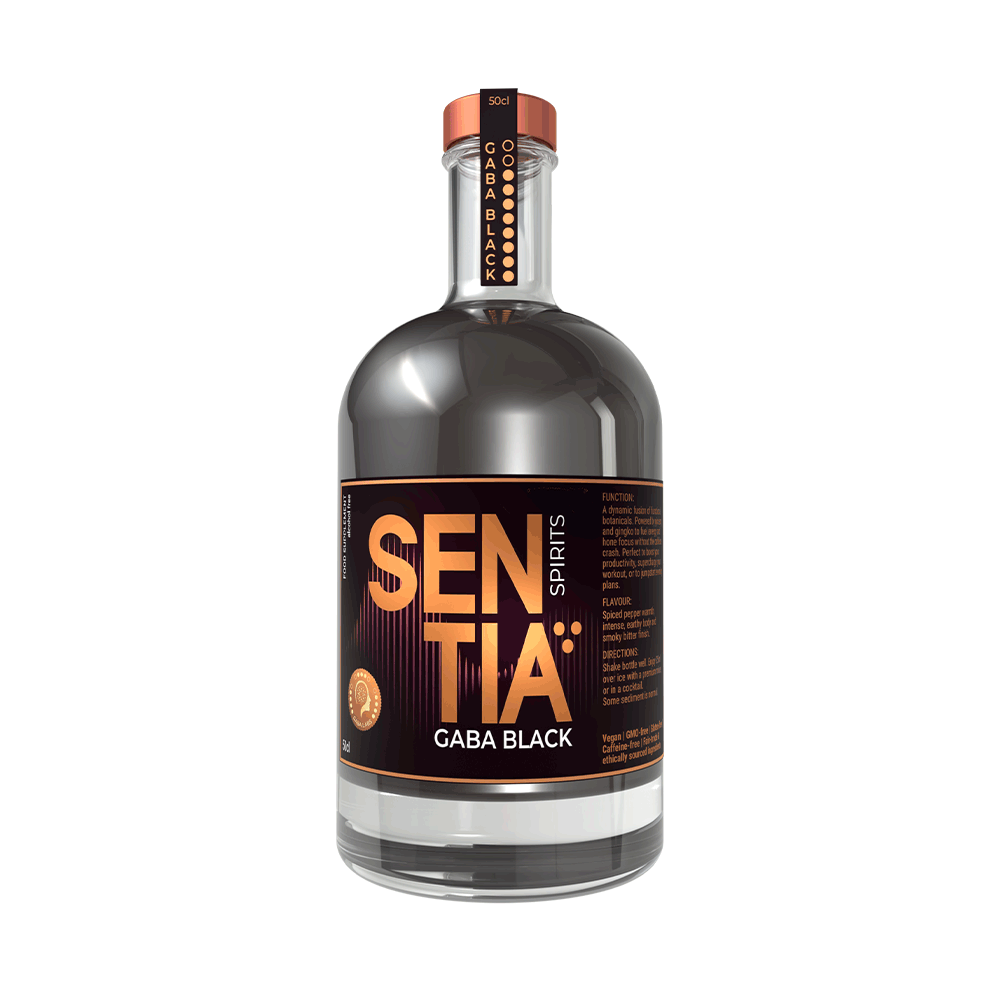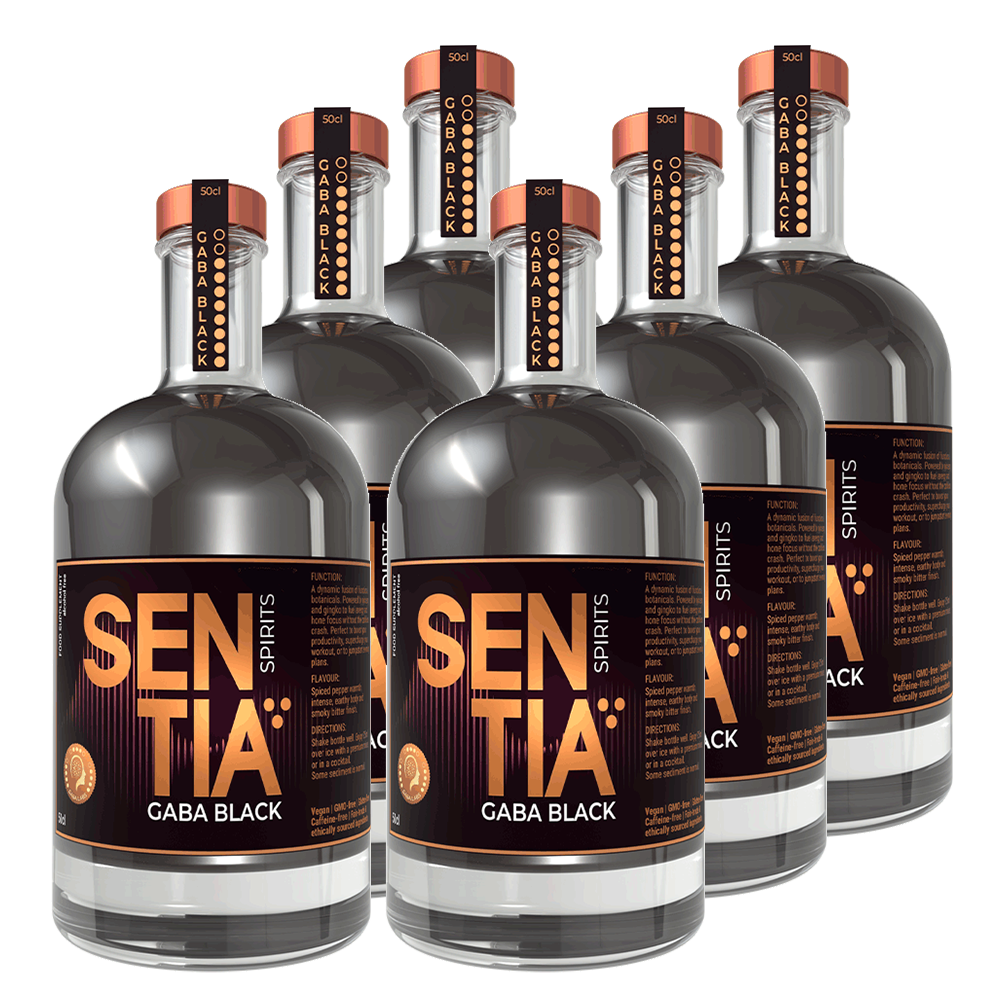
Less Booze, Fewer Calories: One Simple Step to a Healthier You
Monkey See, Monkey Drink
It’s a simple fact: booze is full of calories. A few million years ago this wasn’t such a bad thing. In a surprising twist of evolutionary fate, the calorific content of alcohol once gave our ape ancestors a leg up in the survival stakes. The ethanol found in fermented fruits is highly volatile and so easy to sniff out. The most fermented of these fruits are easy to access too, having dropped off their respective branches and onto forest floors. These rotting delicacies provided an easy source of calories that not only fuelled the bodies and big brains of our apish ancestors, but also gave them an evolutionary advantage over other animals less adept at metabolising alcohol. Ethanol packs more calories by weight than an equivalent amount of refined sugar, making it a potent source of energy.
The Calorific Cloak of Alcohol
While our hairy predecessors might have benefited from these extra calories, the modern human, ensconced in a world of readily available food, typically doesn't need such dense caloric intake. Consider this: a pint of lager is roughly equivalent in calories to a Mars Bar, and a standard glass of wine or a sugary cocktail compare disturbingly well to a slice of cake. These alcoholic calories also contain minimal nutrition—you’re actually getting more of your daily nutritional needs from that Mars Bar or slice of cake!
Counting Calories
In terms of calories alone, beer tops the charts, with a pint coming in at 180 calories. A medium glass of wine is next in line, at 130 calories. A champagne flute or a shot of spirits will gift you about 110 calories—the latter giving you next to zero nutritional content at all for your trouble.
More than just a Sugar High
It doesn’t stop there of course, because alcohol loosens inhibitions, and so a pint and a packet of crisps can turn into five pints and a sprawling takeaway very easily. On top of this, alcohol also disturbs your sleep, and poor sleep boosts the production of a hormone called ghrelin which stimulates the appetite.
The implications for our health are not minor, prompting many to pivot towards low calorie, non-alcoholic alternatives.
The Dangers of High Sugar Consumption
Ingesting high amounts of sugar can lead to a slew of health issues, including weight gain, increased risk of diabetes, and heart disease, but there are some lesser known health risks associated with getting too much sugar in your diet.
-
Liver Health
Whilst you can drink yourself into alcoholic fatty liver disease in just a few weeks over your Recommended Daily Allowance, the calories all by themselves can cause the accumulation of fat in liver cells, leading to inflammation and potentially scarring (cirrhosis) over time.
-
Cardiovascular Complications
Overdoing it on the calories can also mess around with your circulatory system, due to the increase of a compound called triglyceride in the blood. This unhelpful substance can contribute to the hardening and narrowing of arteries, which increases the risks of heart attack and stroke.
-
Skin Health
Excessive calorie consumption can also mess up your skin routine. Sugar triggers a rise in cortisol, the body’s stress hormone, leading to inflammation, which can make your skin appear red, dull, and unhealthy. Sugar also damages collagen, through a process known as glycation, where molecules of sugar attach themself to proteins like collagen, weakening them and causing premature aging.
Explaining Sugars in Drinks: What to Look out for and What to Avoid
High-sugar drinks sneak into diets easily and can contribute significantly to this overconsumption. Whilst going easy on alcohol is a great way to cut down on calories, many popular soft drinks are veritable sugar bombs. Fizzy drinks, fruit juices, and even some teas can contain as much sugar as a dessert. The key to selection is understanding labels and the actual content of sugar in grams, not just the 'low sugar' marketing slogans. The British Heart Foundation has a helpful infographic on labelling to keep you on top of your sugar consumption out in the wilds of the supermarket.
Tips for Making Healthier Beverage Choices
- Always check the nutritional information to understand the sugar content.
- Opt for naturally flavoured drinks over those with added sugars or artificial sweeteners.
- Experiment with making your own drinks at home using fresh fruits, herbs, and spices.
Healthier Drinking Habits don’t have to be Humdrum
Alcohol might be a bucket full of empty calories, but a sobering glass of mineral water doesn’t get your juices going, and no-one wants to be drinking a glass of squash at a dinner party. Whether you’re switching out a glass of wine for a healthier unwind, or spicing things up without the burn of bourbon, at 9 kcal per serving, we’ve got you covered. So grab your bitters and cocktail shakers and head on over to our mixology page to get started with some low calorie creations for any occasion.

